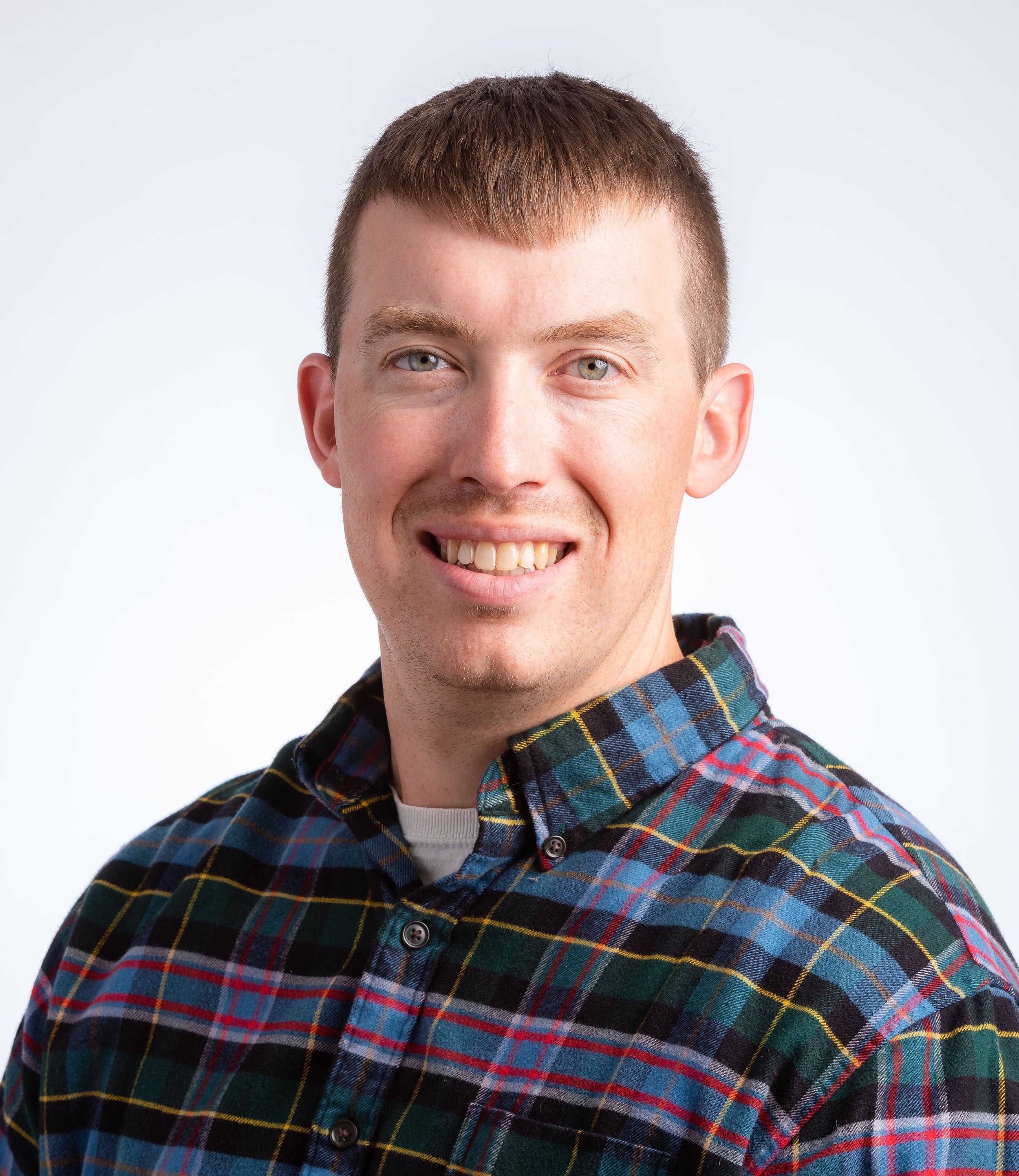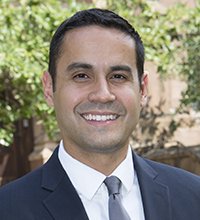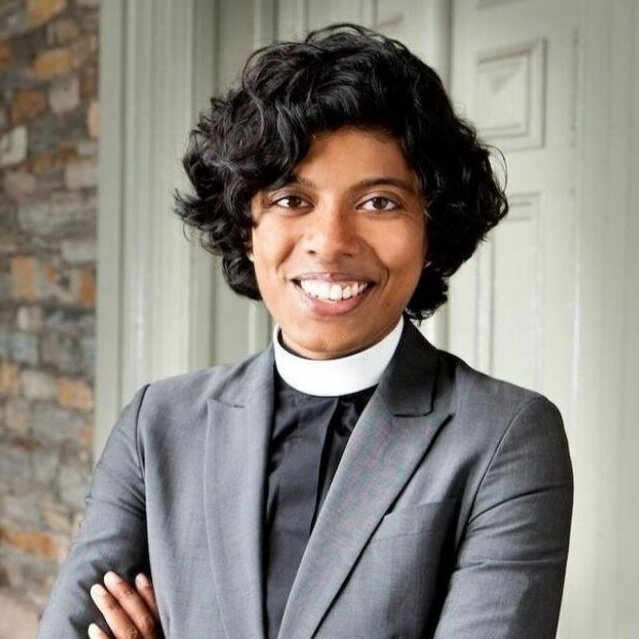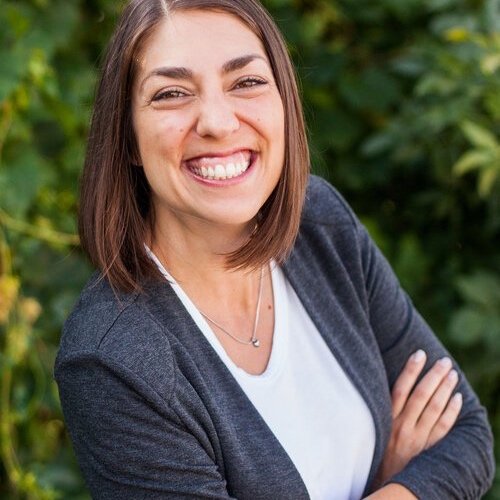Church Anew Blog
Get Updates in Your Inbox
Want to stay up-to-date with the Church Anew Blog? Sign up for our weekly blog round-up.
Revisiting Enfleshing Witness: Dr. Patrick Reyes
A few years ago, I was charged with helping host, convene, and design a conference about Indian mass incarceration. Talking about the locked up bodies, black and brown, indigenous bodies in this country.
Revisiting Enfleshing Witness
Funerals in the black community are often called home-going celebrations. The opportunity for the community to gather to celebrate the life of a loved one, family member, community leader, community person, an opportunity for us to gather and be in grief and celebration with one another.
The body is not an accomplishment: a bodily apocalypse
What do we do with the memories that haunt us? That sneak up on us late at night. And whisper words that cut quick to our core?
Cultivating Leaders for a Digital Age
Recently, AI tools have given us the capacity to work with greater efficiency, to communicate with increased ease, to create digital content, and to give our communities the tools to tell their faith stories. But just as important as improving or increasing our adoption of technologies is the church’s call to cultivate leadership for an accelerating world.
Liminal Spaces
Theologians and practitioners have used the word “liminal space” or “liminal time” to describe these experiences. They are the point at which you become aware that a transition is about to occur. Liminal literally means, “threshold”. Think of walking through a doorway and going through/over a threshold. You are neither in one room nor the other; you are in-between. However you can see both, one behind and in front.
Bishop Michael Curry’s Christmas Message
The message of the angel is as scandalous and striking now as it was then. For in it is embedded God’s message in the death and resurrection of Jesus: to trust and believe in the invincibility of the good in spite of the titanic reality of evil, because God is good all the time.
Enfleshing Witness: Eric Barreto
Home is a place, yes, but it's also a commitment, a demand that God's justice would unfurl here and now, a faith that expects to taste God's grace in the people and the places where God has planted us. Home is a feeling and a commitment.
Enfleshing Witness: Winnie Varghese
Be not conformed to this world, the Bible says, but be transformed by the renewing of your hearts. Or, it is for freedom that Christ has set us free. What are those conforming things that we should be watching out for? What keeps us from freedom?
Apocalypse Of The Body
Theologians have a word for this kind of revealing, when something stark and dire and even painful occurs and reveals a deeper truth, something hidden in plain sight; it is called apocalypse. The word apocalypse includes the meaning “unveiling” or “disclosing”.
The Case For Reducing (Temporarily) Church Technology Usage
In this trajectory, the church takes a temporary step back from its current tech usage, in order to reflect on the resources most aligned to a ministry’s purpose.
Planting Gardens of Belonging
The task at hand for young people of faith is to draw from our traditions to steward this change—this social transformation—towards the redemptive possibilities of loving exceedingly, seeking justice, practicing hospitality, and giving generously. In doing so, we might reimagine and create anew the means through which our communities join together across differences.
Unlikely Saints
All Saints Sunday gives us a very personal way to talk about the present and future by talking about the past. Who are we? Who do we want to be? Those saints from our past give us a way to talk about where we are and where we are headed.
Bishop Michael Curry on his Faith and Health Journey
Prayer seeks the good and well-being of others. It is an act and expression of love as we lift someone or some circumstances before the God whom the Bible says is love. And that is not only a matter of expression. It leads to and undergirds outward action.
What Sabbatical Taught Me
I know some countries and companies are flirting with 4 day work weeks, or 6 hour workdays and finding increased happiness and productivity among their employees. They aren’t being lazy, but have learned what I have - there is so much more to life than work.
Upending the Parable of The Widow's Mite: Witnessing Systems of Harm
A close reading of Mark 12: 41-44, especially interpreted through the lens of the Law found in Deuteronomy (14:22-29), stirs up important questions about an often used stewardship approach that interprets this as an object lesson from Jesus regarding individual, sacrificial giving: a person of limited means asked to give generously beyond their livelihood.
Leadership Lab: Winnie Varghese
We've had to rebuild all of our systems for who we are today. I don't know that we would've had permission without that kind of isolation to rethink some things that probably needed to be rethought, frankly.
Leadership Lab: Erika Spaet
A one on one interview with Pastor Erika Spaet exploring the challenges of planting a church and building relationships between the congregation and the community in an ever-changing world.
The Pandemic Stole My Power
During the pandemic, I could see and feel the world imagining its way out of a crisis in a way that systematically exiled and disregarded disabled lives, making them at best obsolete and at worst, impossible.
AI for Ministry: A Purposeful Vision for A New Technology
AI may be shaping the cultural and technological environment, but we also have an opportunity to shape norms around its usage and in the process to raise important ethical and theological questions about how one can and should use these powerful tools. AI represents a seismic change in both technology and culture.
Multi-Vocational Ministry: Part 3 - Profiles in Multi-Vocational Ministry with Rev. Natalia Terfa
For the next few columns, I want to start sharing with you profiles of other folks who are engaged in Multi-vocational Ministry. Their examples will add depth and breadth to how we see multi-vocational ministry, and we can also see through their stories real-life examples of how people are living out these callings, as well as areas where they need more support and guidance.
EXPLORE OUR ARCHIVE OF ARTICLES FROM
Walter Brueggemann
Get Updates in Your Inbox
Want to stay up-to-date with the Church Anew Blog? Sign up for our weekly blog round-up.
















